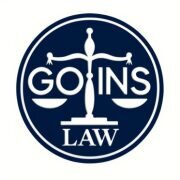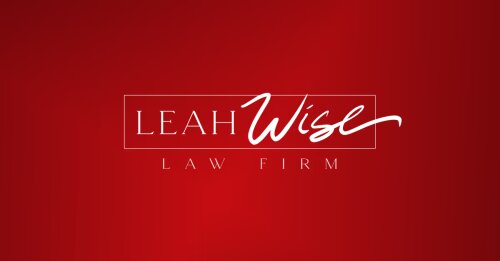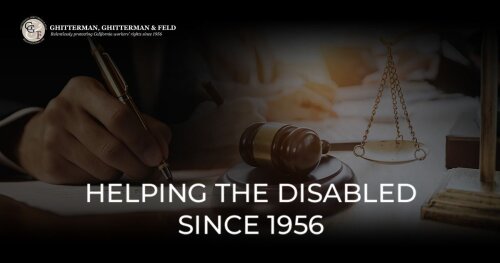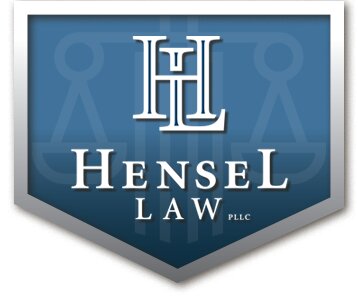Best Insurance Defense Lawyers in United States
Share your needs with us, get contacted by law firms.
Free. Takes 2 min.
Or refine your search by selecting a city:
List of the best lawyers in United States
About Insurance Defense Law in United States
Insurance Defense law in the United States primarily involves representing insurance companies and their policyholders. This area of law focuses on cases where the insurers are defending against claims made by policyholders or third parties. Attorneys in this field work to protect the financial interests of insurance companies by defending them against lawsuits, interpreting policy coverage, and working through claims disputes. It involves a deep understanding of contracts, torts, and civil procedure, as well as specific knowledge of the insurance industry's regulations.
Why You May Need a Lawyer
There are several common situations where legal help in Insurance Defense might be necessary:
- Being sued for damages that may be covered by your insurance policy, where you need representation through your insurer.
- Facing a dispute over insurance coverage, such as disagreement on policy terms or denial of a claim.
- As an insurance company, needing representation in bad faith litigation, wherein an insured claims the company did not handle their claim properly.
- Situations involving potential fraud detection and related investigations.
- Handling subrogation claims, where an insurer seeks reimbursement from third parties responsible for damages.
Local Laws Overview
Insurance Defense law is influenced by both federal regulations and state-specific statutes. Several key aspects include:
- State Regulatory Authority: Each state has its insurance commission or department that regulates insurance operations, policy approvals, and enforces consumer protection laws.
- Bad Faith Laws: These laws set standards for the fair handling of claims and protect policyholders against unfair treatment by insurers.
- Tort Law: This involves the legal implications of civil wrongs in Insurance Defense, often relating to personal injury claims.
- Contract Law: Critical for understanding policy terms, exclusions, and the obligations of both insurers and policyholders.
- No-fault Insurance Laws: Present in some states, these laws dictate how compensation is provided regardless of fault in an accident.
Frequently Asked Questions
What is the role of an Insurance Defense attorney?
An Insurance Defense attorney represents insurance companies and policyholders in lawsuits, providing defense in matters related to claims, policy disputes, and coverage issues.
When should I get legal help for an insurance claim?
Legal help should be sought if a claim is denied, partially paid, or if litigation is anticipated. Consulting with a lawyer early can protect your interests.
Does my insurance company provide my legal representation?
Usually, insurers provide legal representation for claims falling within policy coverage, but this can vary based on your policy terms and the nature of the claim.
What does 'bad faith' mean in Insurance Defense?
Bad faith refers to the insurer's improper handling of a claim, such as unjustified denial, delay, or failure to investigate, which may entitle the policyholder to damages.
How are insurance coverage disputes resolved?
Disputes can be resolved through negotiations, mediation, arbitration, or litigation, depending on the complexity and willingness of parties to settle.
What should I do if I suspect insurance fraud?
If you suspect fraud, report it to your insurance company's fraud department or contact your state's insurance regulator for guidance.
What is subrogation in the context of insurance?
Subrogation allows insurers to pursue third parties responsible for causing loss to recover costs they paid to the insured.
How do local laws affect my insurance defense case?
Local laws dictate insurance practices, define coverage standards, and influence litigation approaches, affecting how cases are defended and resolved.
Can I choose my own lawyer for insurance defense?
Typically, your insurer will select a defense attorney, but you may have input or choose your own counsel if you have potential exposure beyond policy limits.
What expenses are covered under insurance defense?
Covered expenses usually include legal fees, court costs, and settlement expenses, subject to the terms of your insurance policy.
Additional Resources
Several useful resources and organizations can provide additional support and information about Insurance Defense:
- National Association of Insurance Commissioners (NAIC)
- American Bar Association's Tort Trial and Insurance Practice Section
- Your state’s Department of Insurance
- The Insurance Information Institute (III)
- United Policyholders organization
Next Steps
If you need legal assistance in Insurance Defense, consider the following steps:
- Determine the specifics of your situation and gather all relevant documents, such as insurance policies and correspondence.
- Contact your insurance company to understand your coverage and their role in providing legal defense.
- Consult with an Insurance Defense attorney to get advice tailored to your circumstances.
- Stay informed about your rights and obligations as a policyholder or insurance provider.
Professional legal advice can help you navigate the complexities of Insurance Defense effectively.
Lawzana helps you find the best lawyers and law firms in United States through a curated and pre-screened list of qualified legal professionals. Our platform offers rankings and detailed profiles of attorneys and law firms, allowing you to compare based on practice areas, including Insurance Defense, experience, and client feedback.
Each profile includes a description of the firm's areas of practice, client reviews, team members and partners, year of establishment, spoken languages, office locations, contact information, social media presence, and any published articles or resources. Most firms on our platform speak English and are experienced in both local and international legal matters.
Get a quote from top-rated law firms in United States — quickly, securely, and without unnecessary hassle.
Disclaimer:
The information provided on this page is for general informational purposes only and does not constitute legal advice. While we strive to ensure the accuracy and relevance of the content, legal information may change over time, and interpretations of the law can vary. You should always consult with a qualified legal professional for advice specific to your situation.
We disclaim all liability for actions taken or not taken based on the content of this page. If you believe any information is incorrect or outdated, please contact us, and we will review and update it where appropriate.
Browse insurance defense law firms by state in United States
Refine your search by selecting a state.

















